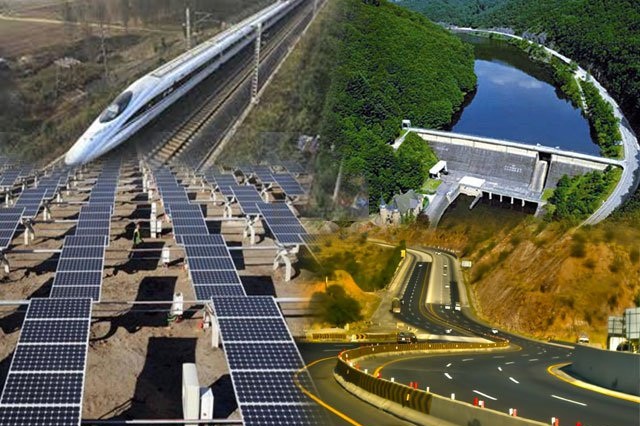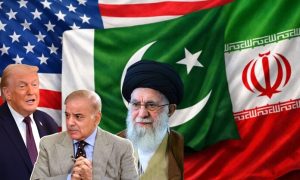ISLAMABAD – Senate members on Monday raised concerns that the $46 billion China-Pakistan Economic Corridor (CPEC) could turn into another East India Company if the country’s interests were not actively protected.
Senator Tahir Mashhadi, chairman of the Senate Standing Committee on Planning and Development stressed the need for protection of state interests amid building ties with China.
“Another East India Company is in the offing; national interests are not being protected. We are proud of the friendship between Pakistan and China, but the interests of the state should come first” he said.
“It will be very harmful for us if we have to bear the entire burden; will this project be a national development or a national calamity? Whatever loans taken from China will have to be paid by the poor people of Pakistan,” Mr Mashhadi observed.
Planning Commission Secretary Yousuf Nadeem Khokhar briefed the audience about the project but the legislators opined the need for utilisation of local financing for CPEC projects, instead of funding from the Chinese or any other foreign investment. They also expressed concern over the fixing of power tariff for CPEC-related power projects by the Chinese.
Only Senator Saeedul Hassan Mandokhail of the three PML-N members was present in the meeting so the grilling went unanswered and Hassan too endorsed the suspicions of Tahir Mashhadi.
However, The meeting was informed that a major portion of the CPEC depended on local finances rather than Chinese investment.
The participants brainstormed on different power projects under CPEC and urged equality among different provinces for strengthening of federation.
Senator Mandokhail also observed that a sense of deprivation was being inculcated in smaller provinces.
“We do not want the CPEC at the cost of the federation,” he added.
It is worth mentioning that the East India Company was the British joint-stock firm, which became the precursor to the British colonial presence in the subcontinent, eventually gaining power through its own army by overthrowing the Mughal rulers who ruled India at the time. The company was dissolved in 1874.














